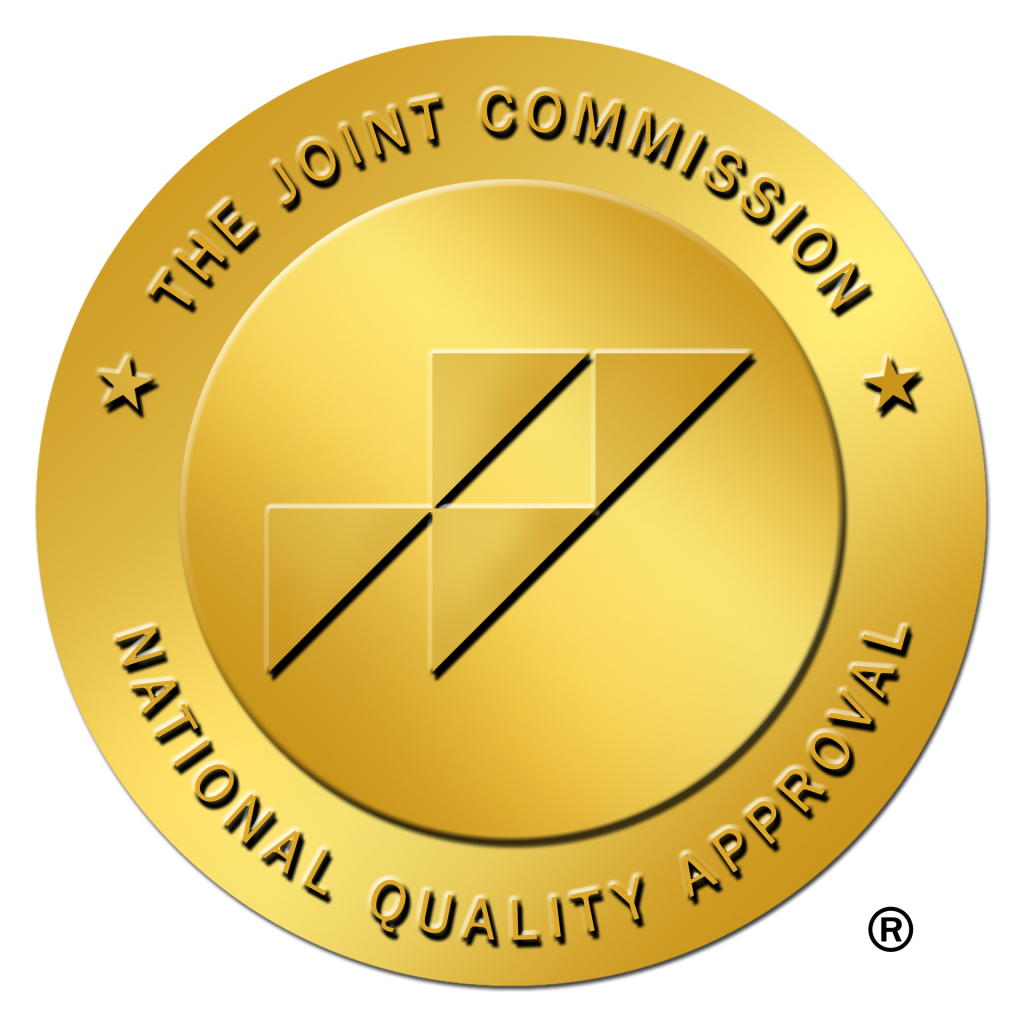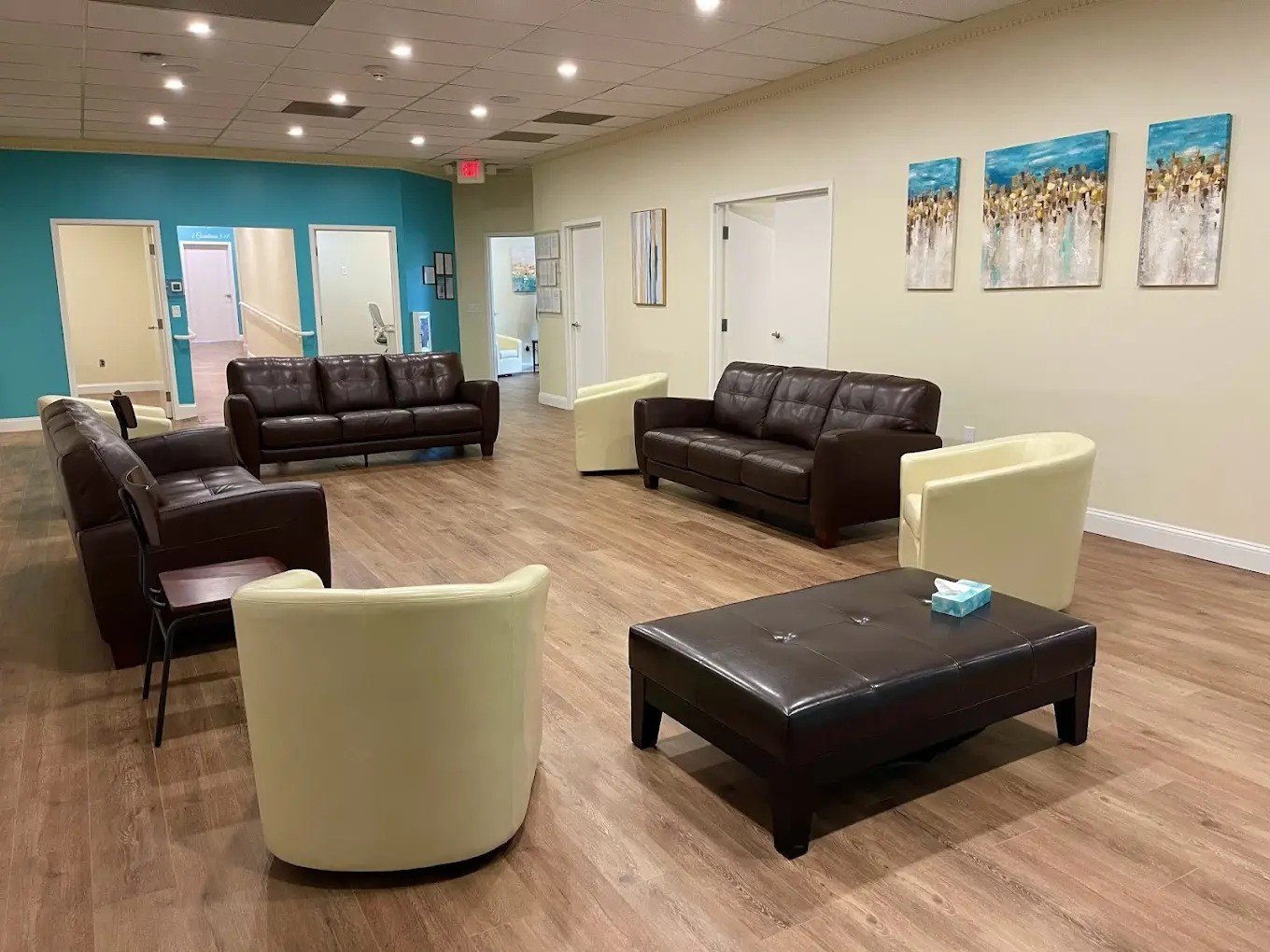Php Treatment Center Nj
PHP Treatment Center NJ: An Overview
New Chapter Recovery stands as a beacon of hope for many in Morris County seeking comprehensive outpatient care. The center specializes in a variety of treatment modalities that cater to unique needs, offering services such as the Partial Hospitalization Program (PHP), Intensive Outpatient Program (IOP), and standard Outpatient Program (OP). The methodology embraced by New Chapter Recovery is built upon evidence-based practices, ensuring that each client receives the highest standard of care tailored to their personal journey towards recovery.
In the heart of Parsippany-Troy Hills, New Jersey, this facility proudly serves not only the local community but also extends its specialized services to the surrounding areas. With a focus on both substance use disorders and co-occurring mental health conditions, New Chapter Recovery offers a multidimensional approach to healing.
Partial Hospitalization Program Explained
The Partial Hospitalization Program (PHP) offered by New Chapter Recovery provides structured support for individuals who require comprehensive care while still desiring the flexibility to return home each evening. This setup is particularly beneficial for those transitioning from inpatient treatment, affording them a supportive environment that bridges the gap between residential care and mainstream life.
PHP patients engage in a rigorous schedule combining various therapeutic modalities. Participants attend group therapy sessions, receive individualized counseling, and learn coping strategies essential to maintaining long-term sobriety. This intensive program is designed to address the psychological underpinnings of addiction while fostering resilience and personal growth.
Structure of the Intensive Outpatient Program
The Intensive Outpatient Program (IOP) at New Chapter Recovery caters to those who need significant therapeutic support but also have professional or familial obligations. The flexibility of IOP allows clients to attend therapy sessions multiple days a week without compromising their responsibilities at work or school.
IOP involves a blend of individual and group therapies, focusing on relapse prevention and cognitive behavioral techniques. Participants can delve deeper into the root causes of their addiction while developing skills to handle stress and triggers effectively.
Unique Therapy Approaches and Specialty Tracks
New Chapter Recovery sets itself apart with its diverse range of specialty tracks and therapy approaches. Emphasizing personalized care, the center offers animal-assisted therapy, veterans treatment programs, and faith-based recovery options. These programs are crafted to cater to specific needs and preferences, making the recovery process more relatable and engaging.
Animal-assisted therapy, for instance, leverages the therapeutic benefits of human-animal interactions to promote emotional healing and self-discovery. Veterans can find solace in specialized treatment tracks that acknowledge and address the unique challenges faced by those who have served.
Integrative Care for Dual Diagnosis
Handling dual diagnosis cases is a core competency of New Chapter Recovery. The facility employs a trauma-informed approach, ensuring that co-occurring mental health disorders are treated alongside substance use issues. This holistic approach is crucial as untreated mental health conditions often exacerbate addiction problems.
Therapists at the center use modalities such as Cognitive Behavioral Therapy (CBT), Dialectical Behavioral Therapy (DBT), and Acceptance and Commitment Therapy (ACT) to address underlying trauma and emotional pain. This integrative care model ensures that clients receive comprehensive support on their path to recovery.
Relapse Prevention and Continuing Care
Relapse prevention is a critical component of the treatment programs at New Chapter Recovery. Through a combination of structured group activities and personalized therapy sessions, clients learn to identify potential relapse triggers and how to manage them effectively. This proactive approach empowers individuals to maintain their sobriety long after their formal treatment program concludes.
Moreover, the center offers robust aftercare planning to foster sustainable recovery. Coordinated aftercare programs provide a seamless transition for clients as they reintegrate into their communities, ensuring that they remain supported as they navigate their new lives.
Family Support and Engagement
The involvement of family members in the recovery process is strongly encouraged at New Chapter Recovery. Recognizing that addiction affects the entire family unit, the center provides family therapy sessions aimed at rebuilding trust and improving communication.
These sessions serve as a platform for family members to express their concerns, learn about the nature of addiction, and understand how they can support their loved ones in meaningful ways. This holistic inclusion of family strengthens the overall treatment outcome.
Navigating the Admissions and Insurance Process
The admissions process at New Chapter Recovery is designed to be swift and accessible, removing barriers that might delay treatment. The center offers free confidential assessments and prides itself on achieving same-day admissions whenever possible, ensuring that those in urgent need of help can begin their recovery without delay.
An efficient insurance verification team handles out-of-network and Tricare benefit checks promptly, simplifying the financial aspect of receiving treatment. This transparent and expedited process reflects the center’s commitment to making recovery accessible to all who seek it.
Dedication to Clinically Rigorous Care
New Chapter Recovery is committed to providing clinically rigorous care rooted in evidence-based practices. The center employs a multidisciplinary team of clinicians who work collaboratively to devise personalized treatment plans tailored to each client’s unique circumstances and goals.
This level of dedication ensures that treatment outcomes are not only measurable but also meaningful. Clients are encouraged to set individualized goals, which are regularly reviewed and adjusted as necessary to align with their progress and aspirations for lasting sobriety.
Through its comprehensive suite of services, New Chapter Recovery empowers individuals to embark on a transformative journey beyond the confines of addiction, providing them with the skills, support, and confidence necessary to thrive in their recovery and beyond.
What is the PHP Treatment Program, and how does it differ from other outpatient treatment options?
The Partial Hospitalization Program (PHP) at New Chapter Recovery provides an intensive level of care for those who need significant therapeutic support but prefer the flexibility to live at home. Unlike residential programs where clients stay on-site, PHP participants return home each evening, creating a balance between structured treatment and personal freedom. This option is ideal for individuals transitioning from inpatient care or those with a stable home environment seeking comprehensive support. While outpatient programs like the Intensive Outpatient Program (IOP) and standard outpatient care offer less frequent sessions, PHP offers a rigorous, daily therapeutic schedule, often blending individual and group therapies. This structure allows clients to dig deeply into the psychological roots of addiction while developing coping strategies for long-term recovery. A key takeaway here is that PHP is a bridge between inpatient care and less intensive outpatient treatment, making it suitable for those needing robust support without full-time residency.
How important is family involvement in the recovery process at a treatment center?
The involvement of family members in recovery at New Chapter Recovery is crucial, as addiction affects the whole family unit. Family support is not just encouraged but integrated into the treatment process through family therapy sessions. These sessions aim to rebuild trust and improve communication, which are often strained by substance use disorders. For example, a client might hear from family members about the impact of their addiction, fostering understanding and empathy. Families also learn about the nature of addiction, equipping them with knowledge to better support their loved ones post-treatment. This holistic inclusion strengthens overall treatment outcomes, as clients feel supported not just by professionals but by those closest to them. An important takeaway is acknowledging that recovery is not just an individual journey; it’s a collective effort that benefits from the active participation of loved ones, ultimately enhancing the sustainability of recovery.
How can potential clients navigate the admissions and insurance process efficiently?
New Chapter Recovery prioritizes making the admissions process as smooth as possible to avoid delays in treatment. The center offers free confidential assessments and strives for same-day admissions when feasible. This swift process ensures that individuals in urgent need of help can begin their journey to recovery without unnecessary wait times. Moreover, a dedicated insurance verification team is on hand to handle out-of-network and Tricare benefit checks promptly, simplifying the financial aspect of receiving treatment. Prospective clients can approach this process by coming prepared with necessary information such as their insurance details and any relevant medical history, which facilitates a quicker evaluation and acceptance into the program. The key here is efficient preparation and communication, both of which can significantly impact the speed and ease with which one can start receiving care.
What is dual diagnosis, and how is it addressed at the treatment center?
Dual diagnosis refers to the simultaneous presence of a mental health condition and a substance use disorder. At New Chapter Recovery, handling dual diagnosis is a core competency, using a trauma-informed approach to treat both conditions concurrently. This holistic method is critical, as untreated mental health issues can exacerbate addiction and vice versa. Therapists employ evidence-based modalities such as Cognitive Behavioral Therapy (CBT) and Dialectical Behavior Therapy (DBT) to tackle underlying traumas and mental health concerns. For instance, a client coping with anxiety and alcohol dependence receives tailored therapy that addresses both the anxiety triggers and the drinking behavior. The integrative care model ensures a comprehensive approach, treating the individual as a whole rather than just focusing on one aspect of their health. Reflecting on dual diagnosis care, one might consider the importance of addressing all facets of health for successful long-term recovery.
What unique therapy approaches are offered at the center, and how do they enhance treatment?
New Chapter Recovery stands out for its diverse range of specialty tracks and therapy approaches. The center offers unique therapies such as animal-assisted therapy, veterans treatment programs, and faith-based recovery options. Each is designed to cater to specific preferences and needs, making the recovery process more engaging and relatable for clients. For example, animal-assisted therapy harnesses the therapeutic benefits of human-animal interactions, promoting emotional healing and self-discovery. Veterans receive care that acknowledges their unique experiences and challenges, facilitating healing in a context they find meaningful. By offering these personalized approaches, New Chapter Recovery enhances the relevance and effectiveness of its treatment, ensuring that clients receive care that resonates with their personal beliefs and experiences. When considering therapy options, it’s worth exploring how personalized and innovative approaches can impact one’s recovery journey positively.
What strategies are employed for relapse prevention, and why are they crucial in treatment?
Relapse prevention is a critical component of the treatment programs at New Chapter Recovery. The center employs a combination of structured group activities and personalized therapy sessions to teach clients how to identify and manage potential relapse triggers. This proactive approach goes beyond just maintaining sobriety; it empowers individuals with skills to navigate post-treatment life effectively. Strategies might include cognitive-behavioral techniques to handle stress or interpersonal situations that could lead to relapse. For instance, a client learns to reframe negative thoughts that might lead to substance use and replace them with healthier coping mechanisms. Aftercare planning is also a significant aspect, providing a seamless transition back into the community. Recognizing the importance of relapse prevention, individuals are encouraged to view it as an ongoing part of their recovery journey, allowing them to build resilience and confidence in their new lifestyle.
Resources
- Substance Abuse and Mental Health Services Administration (SAMHSA) – SAMHSA is a government agency that leads public health efforts to advance the behavioral health of the nation. They provide valuable resources on substance abuse treatment and mental health services.
- American Psychiatric Association (APA) – The APA is a professional organization representing psychiatrists in the United States. They offer information on mental health disorders, treatment options, and resources for patients and families.
- National Institute of Mental Health (NIMH) – NIMH is the leading federal agency for research on mental disorders. They provide information on mental health conditions, treatment advancements, and research initiatives in the field.
- National Institute on Drug Abuse (NIDA) – NIDA is a government research institute that focuses on understanding the causes and consequences of drug abuse. They offer resources on addiction treatment, prevention, and recovery.
- Alcoholics Anonymous (AA) – AA is a worldwide fellowship of individuals who have struggled with alcohol addiction. They provide support groups, meetings, and resources for those seeking help with alcoholism.






